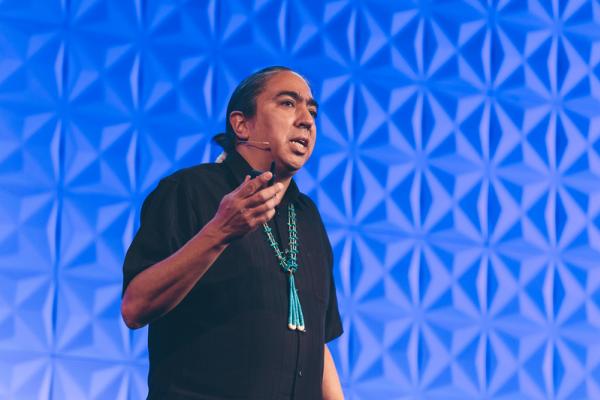Nov 21, 2019
Mark Charles describes himself as a dual citizen of the United States and the Navajo Nation. He is making history this year by becoming the second-ever Native American to run for president of the United States of America. I recently heard Mark speaking at the Aspen Institute about how white supremacy infiltrated Christian theology to justify colonialism, oppression, and genocidal violence. I also read his recent book on this topic co-authored with Soong-Chan Rah titled Unsettling Truths: The Ongoing Dehumanizing Legacy of the Doctrine of Discovery.
Read the Full Article

Already a subscriber? Login
